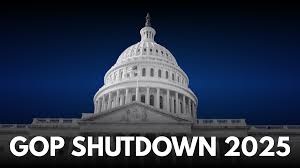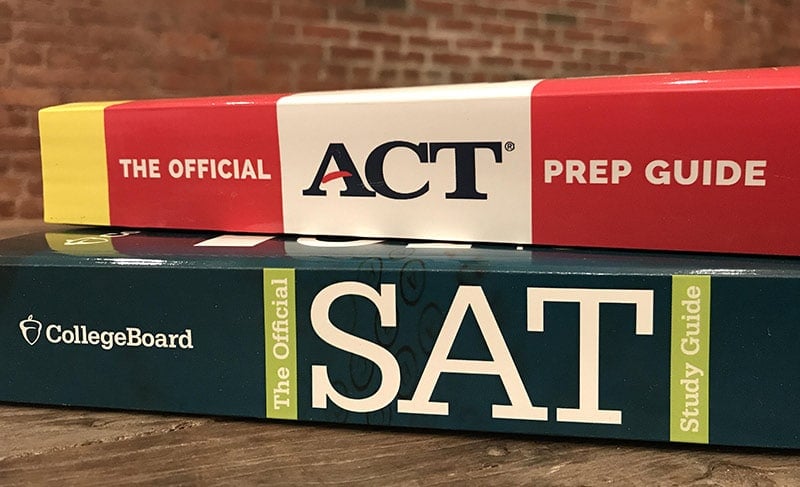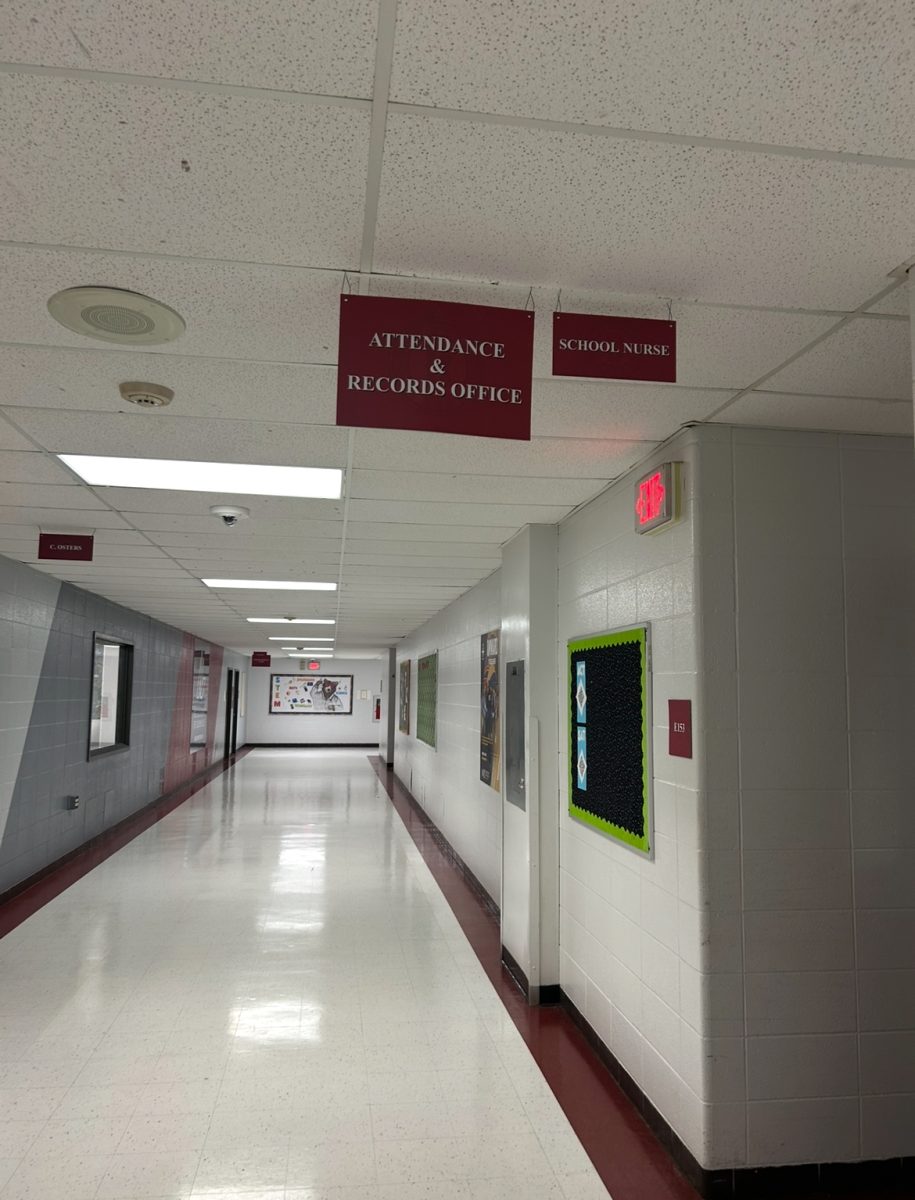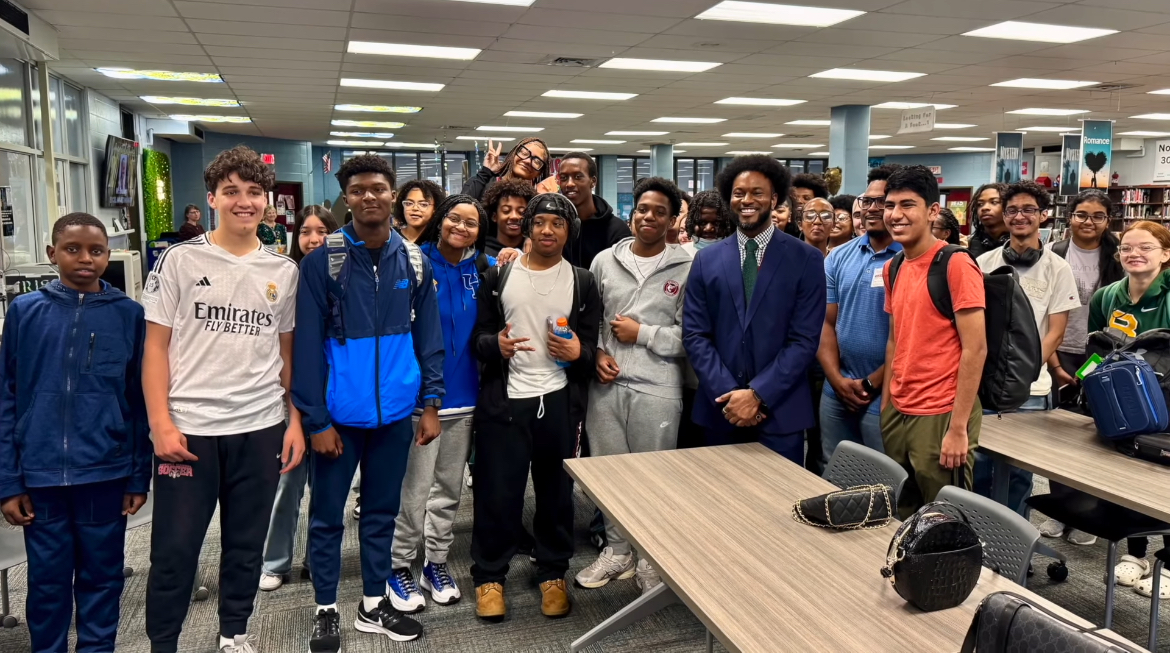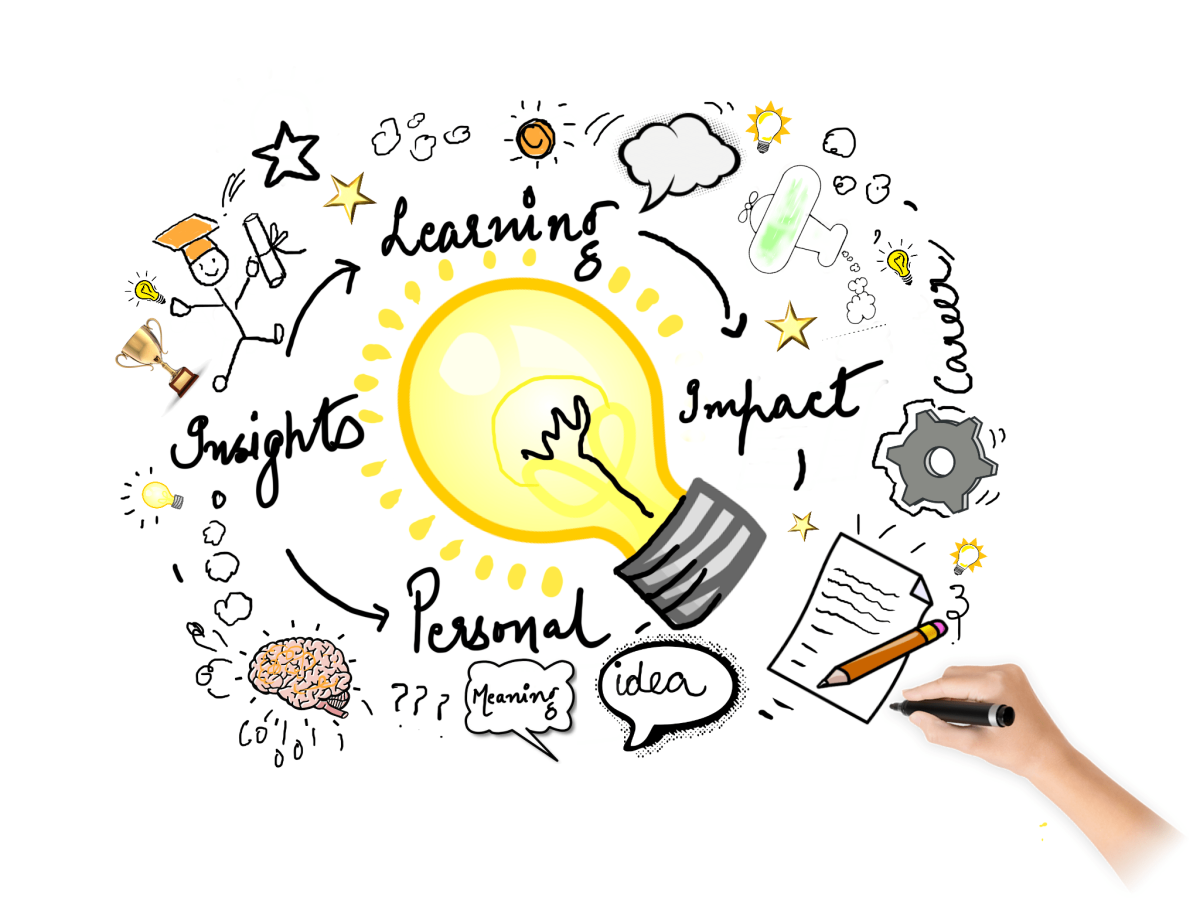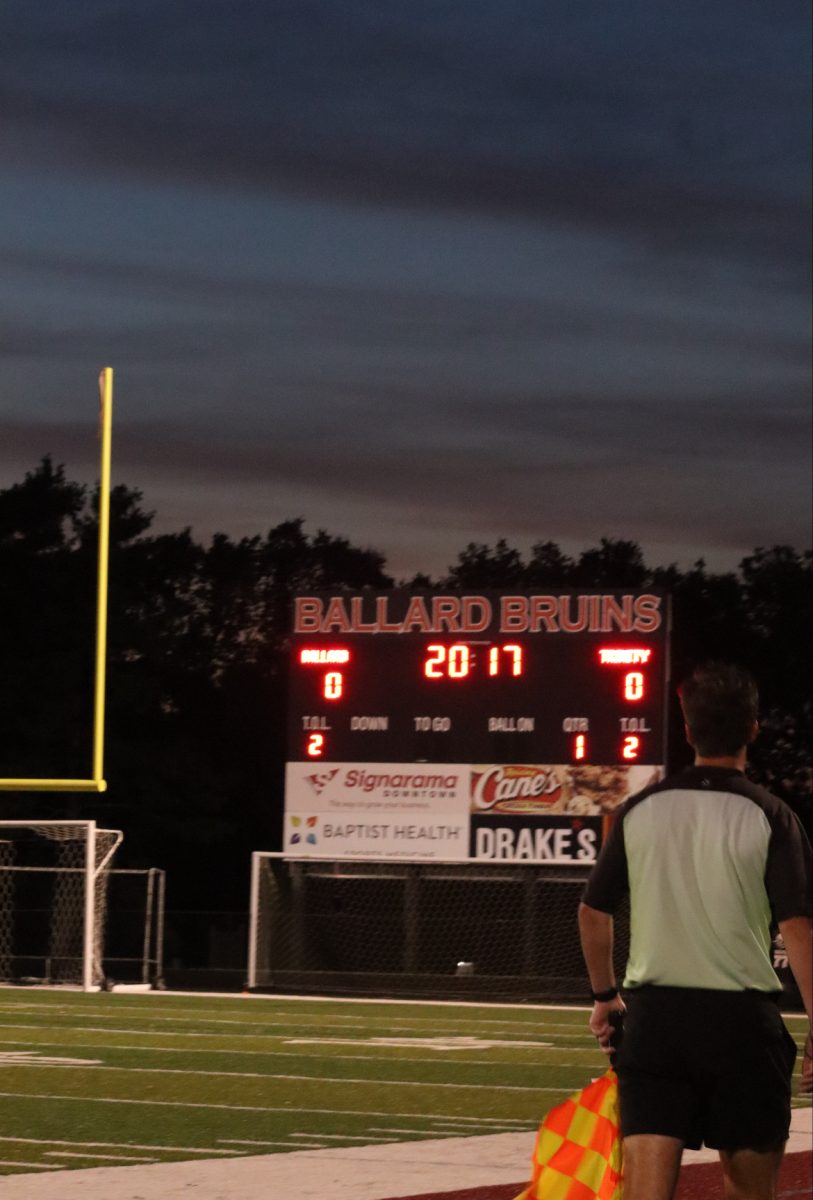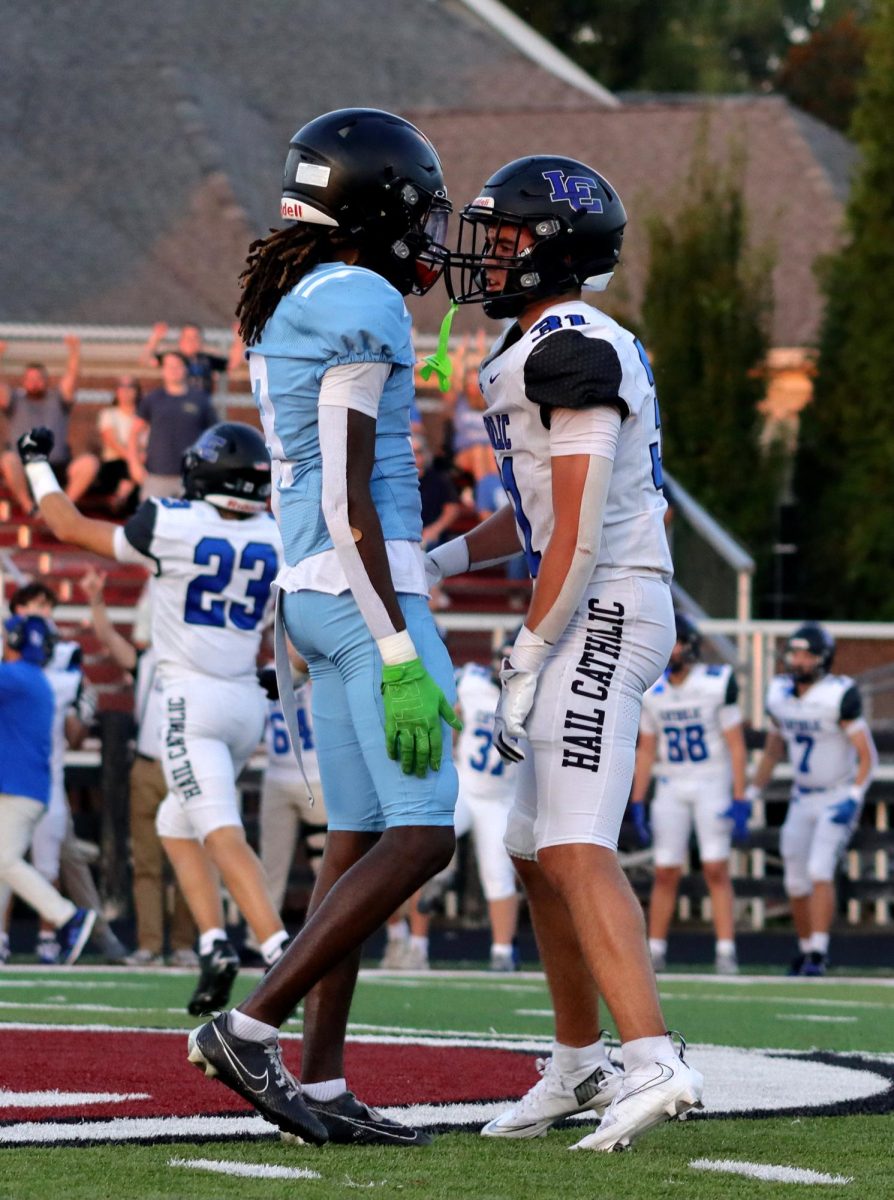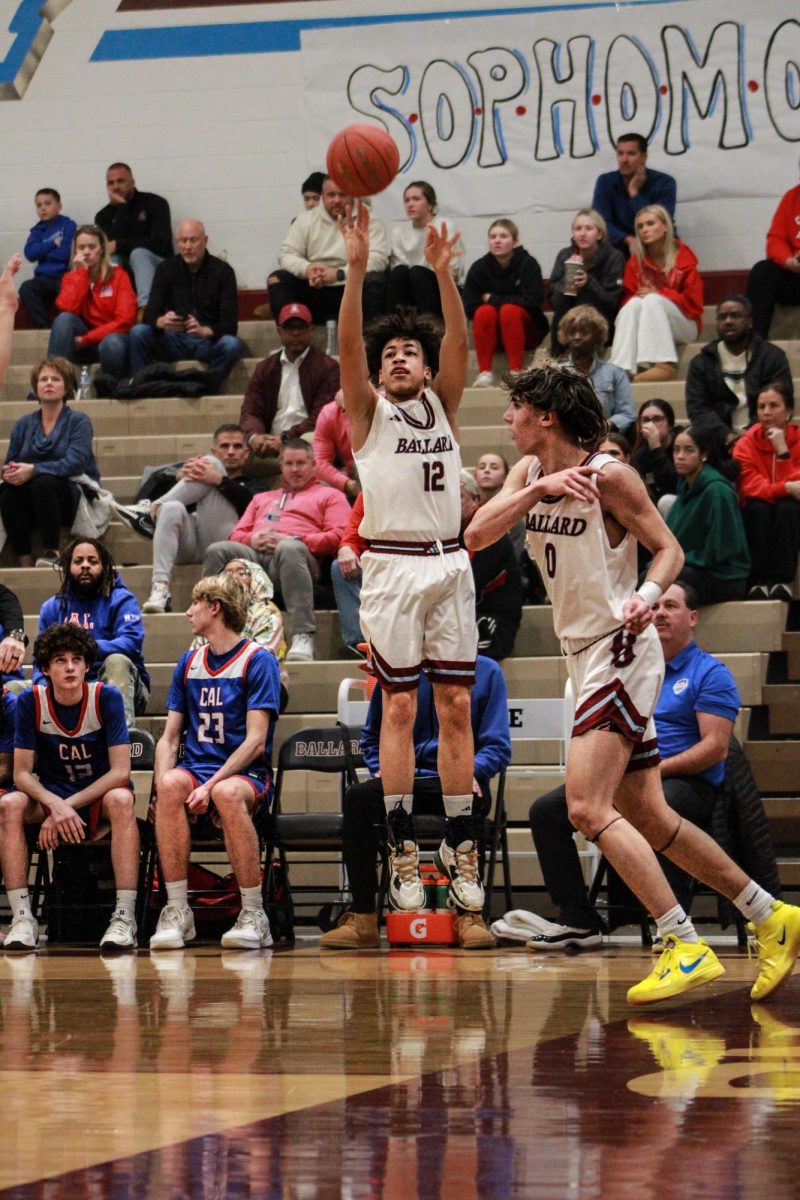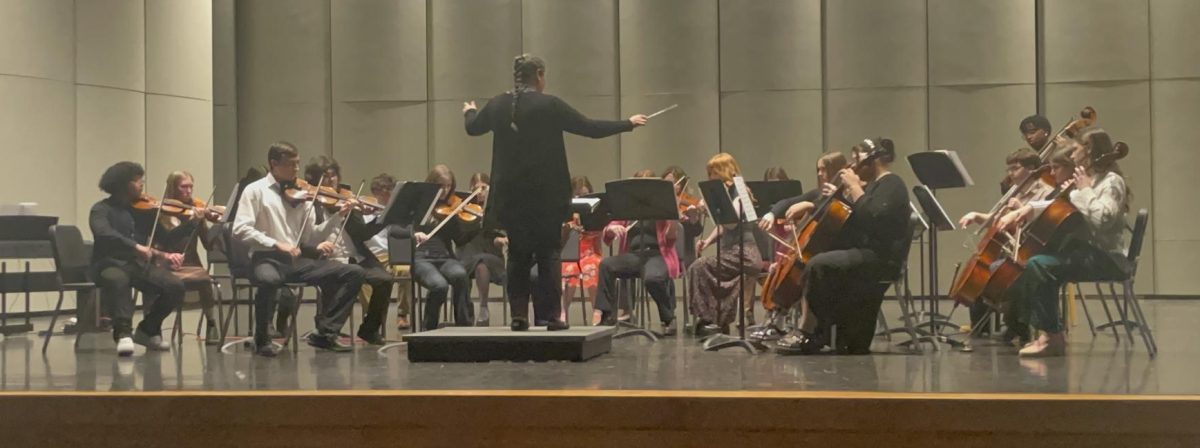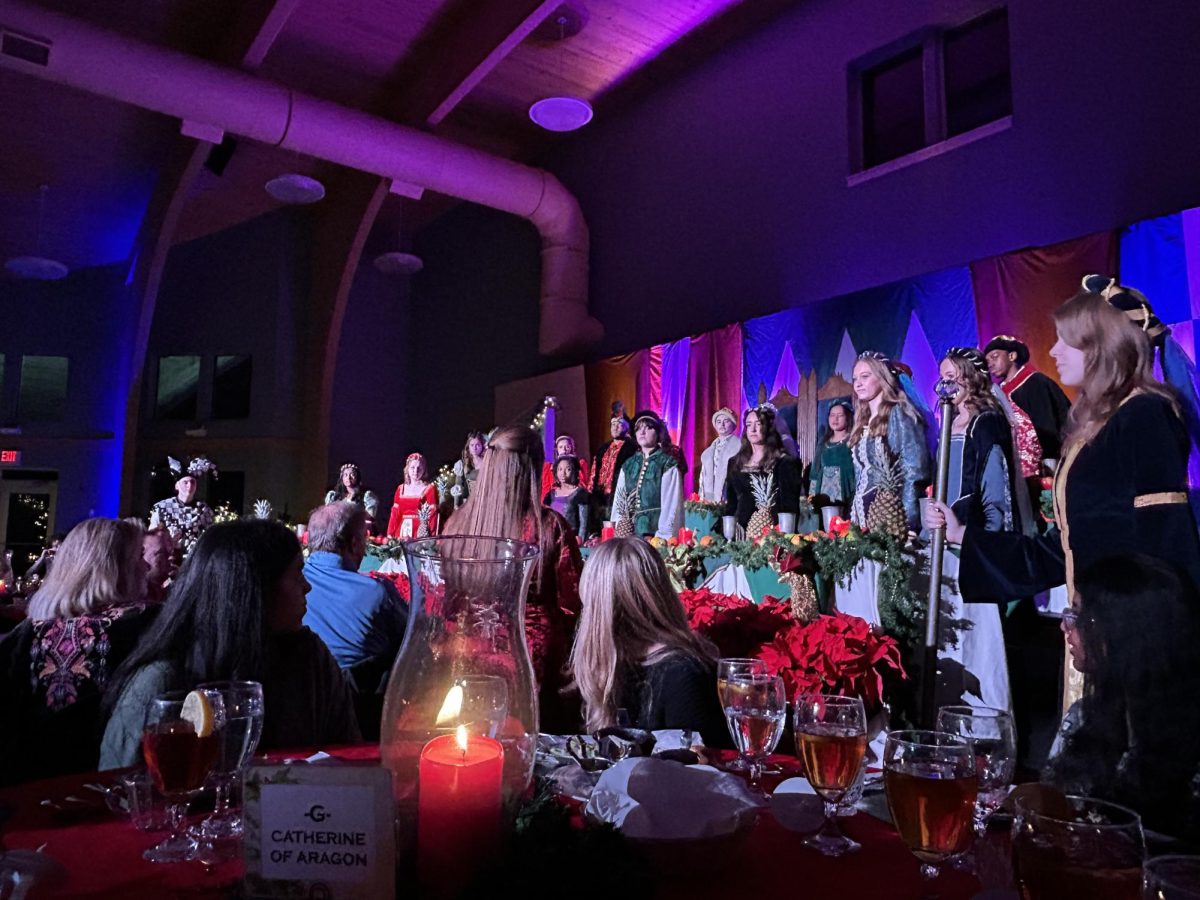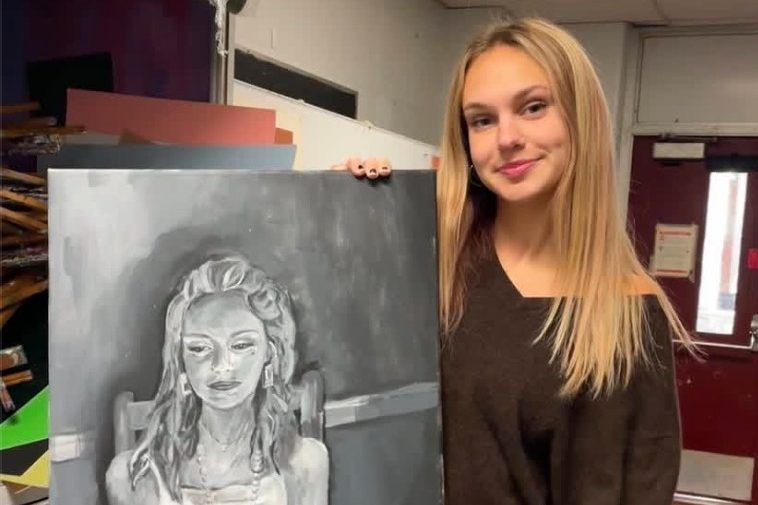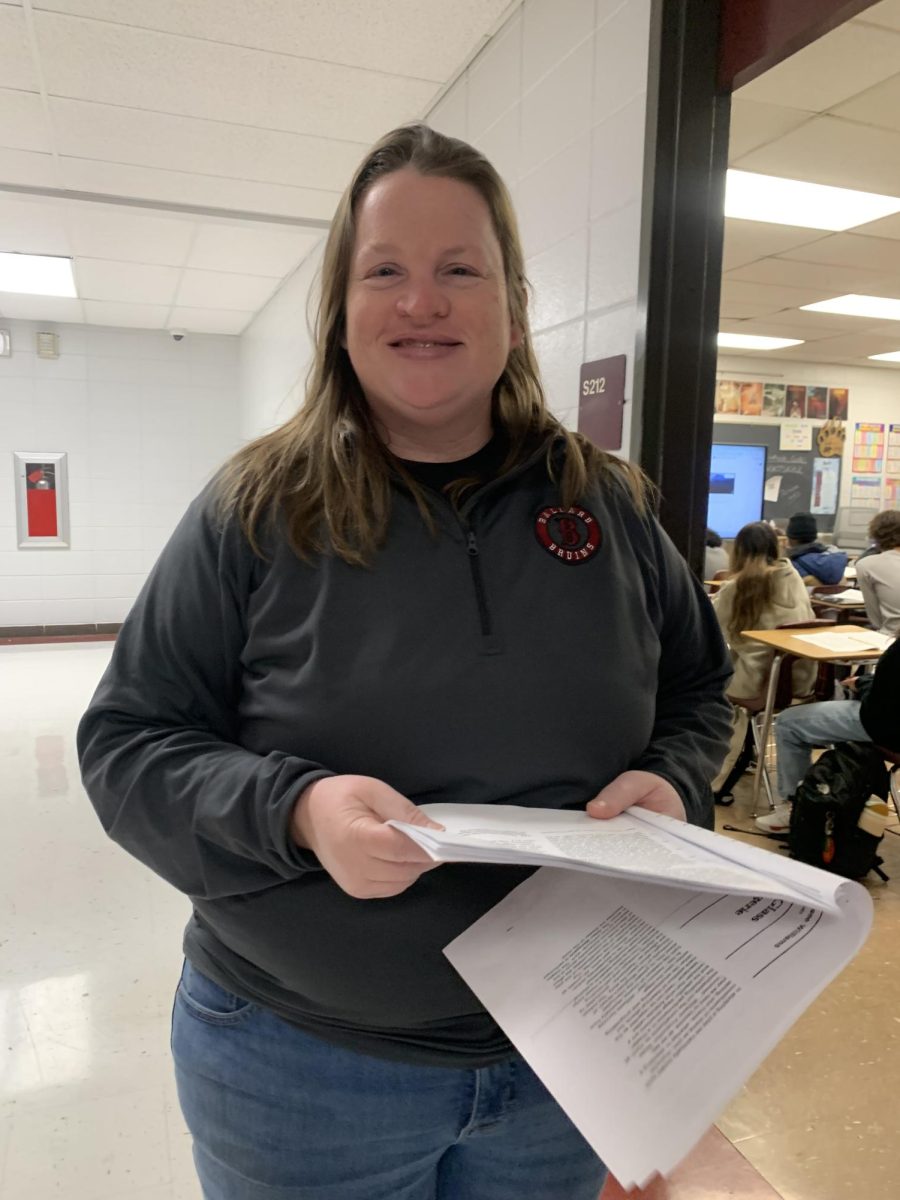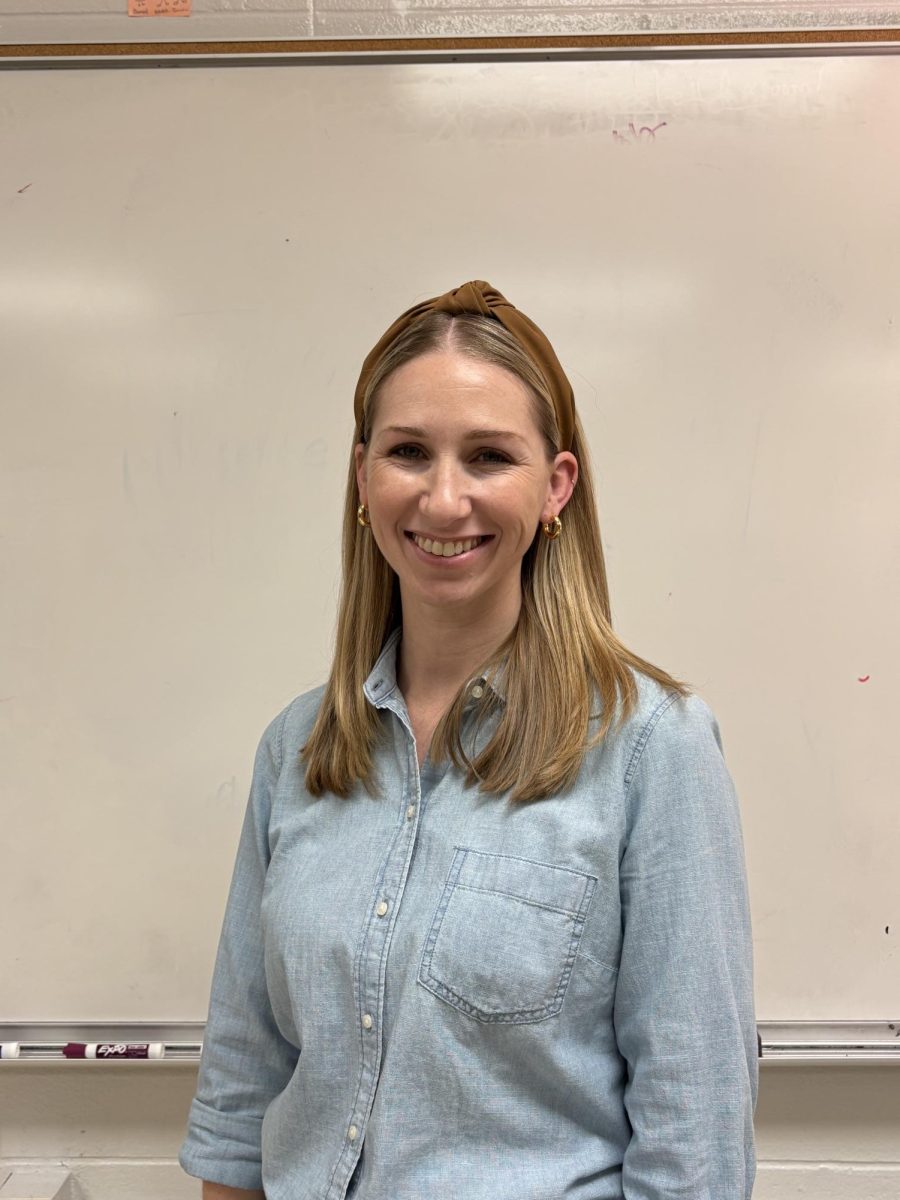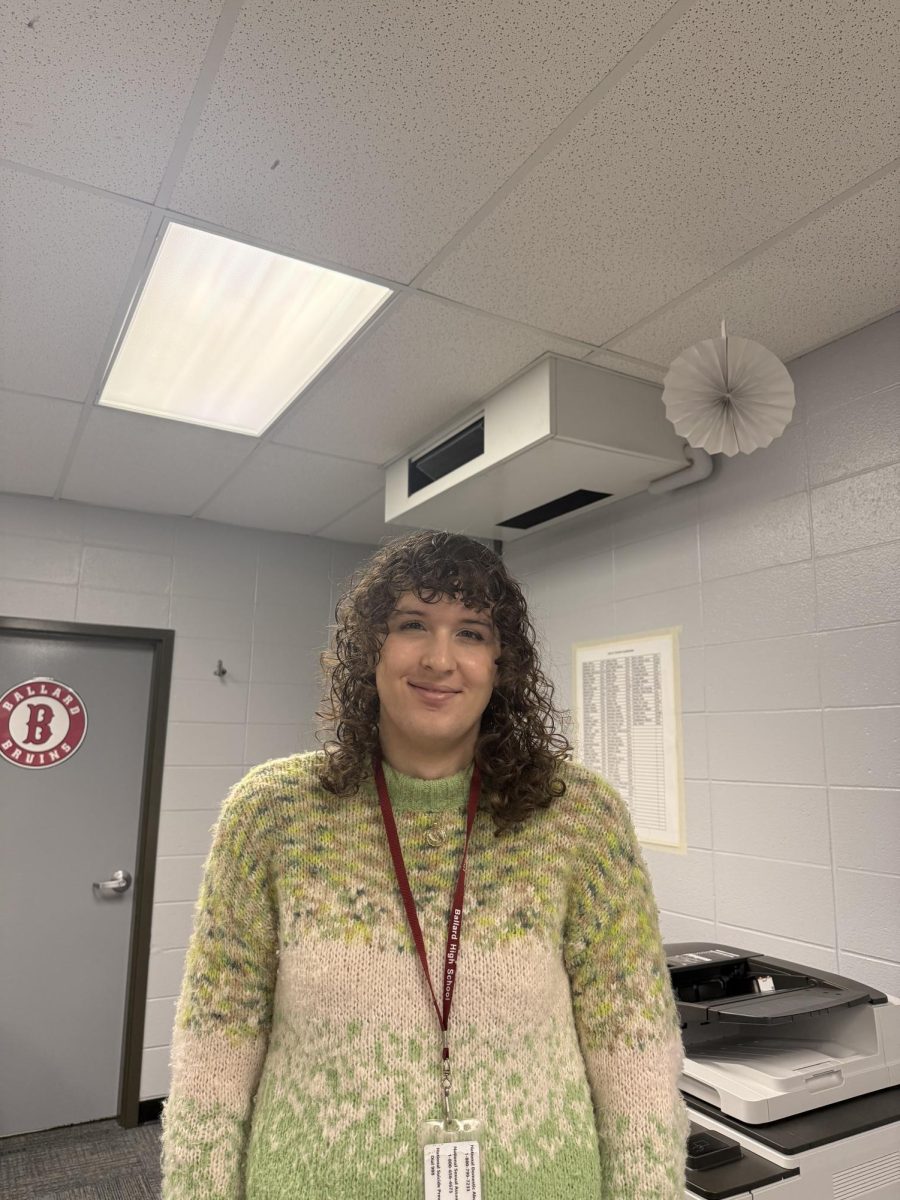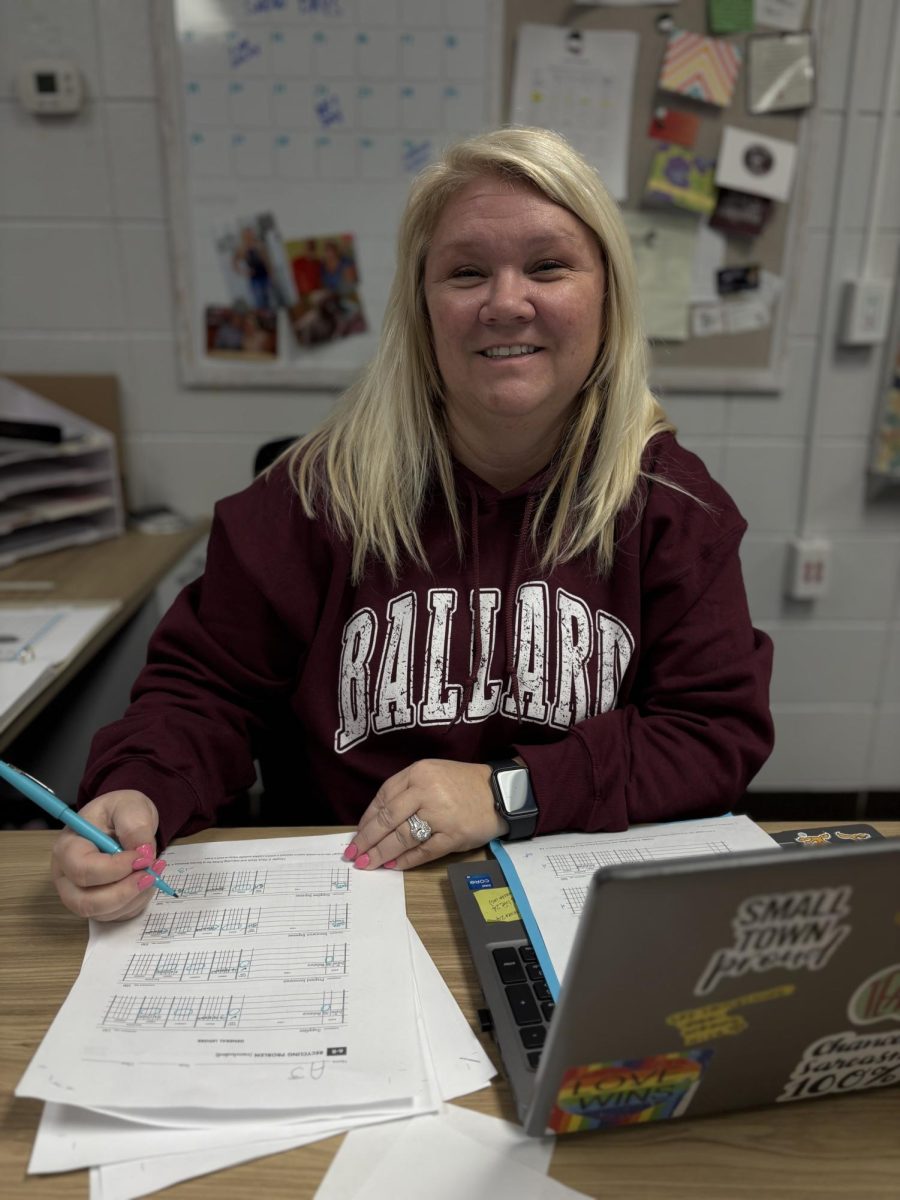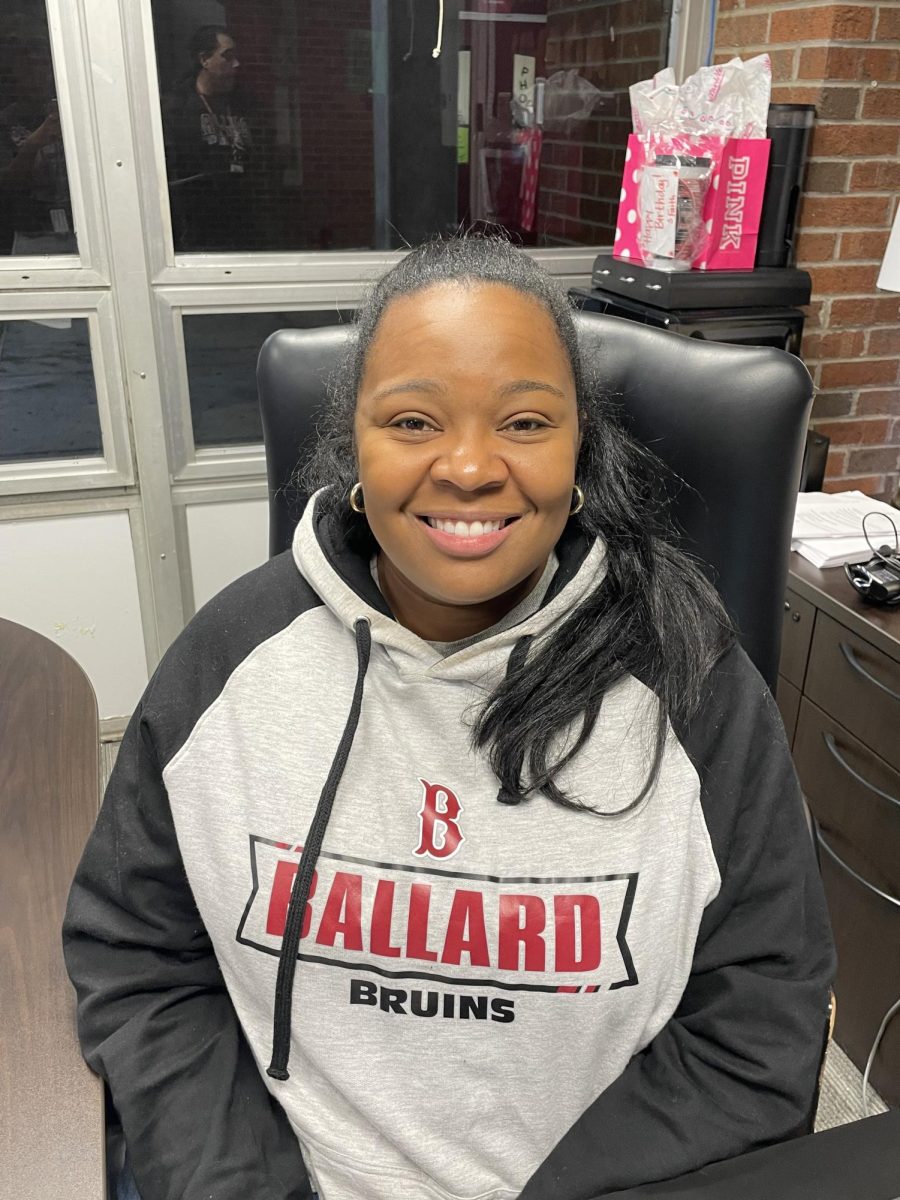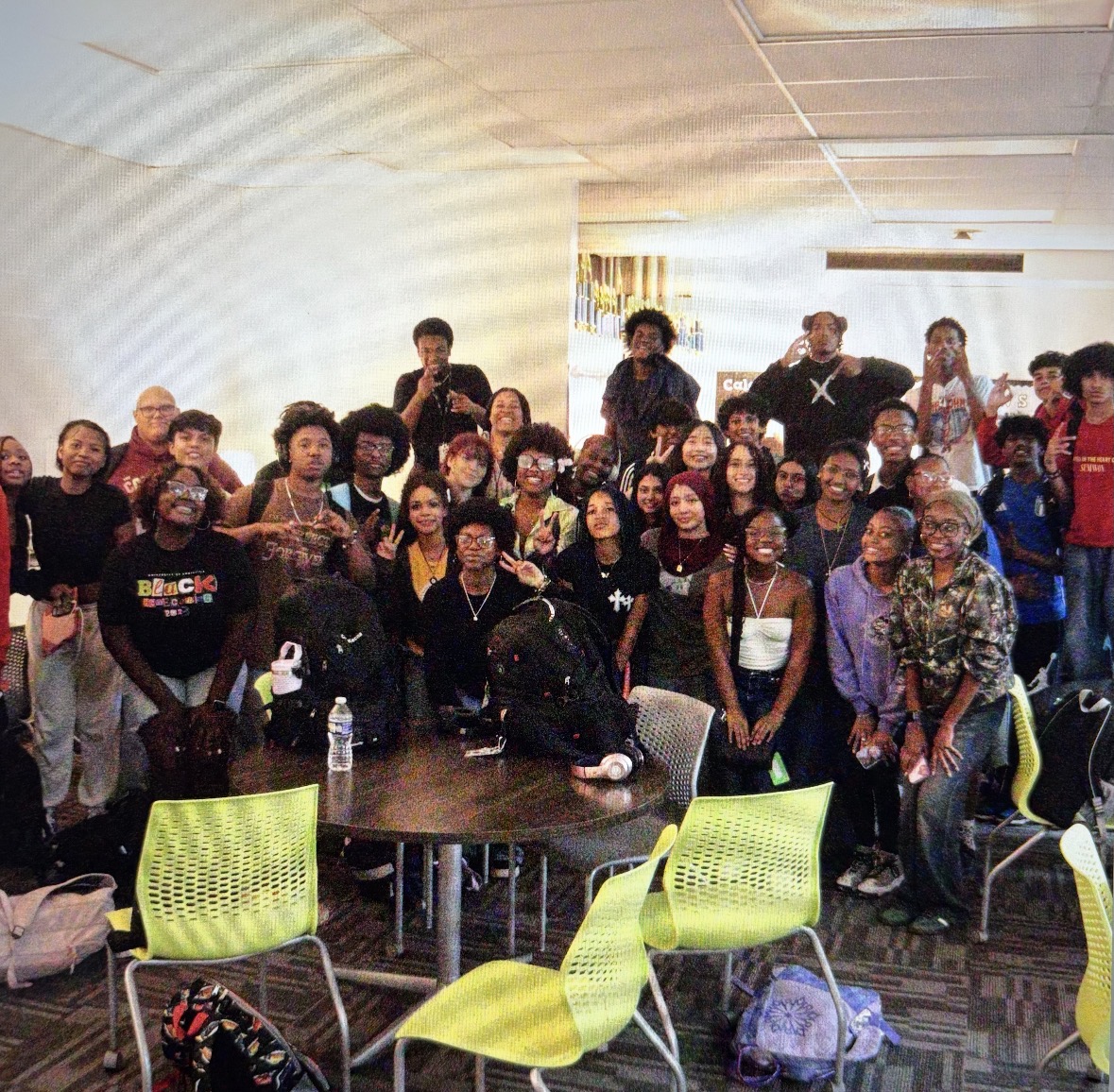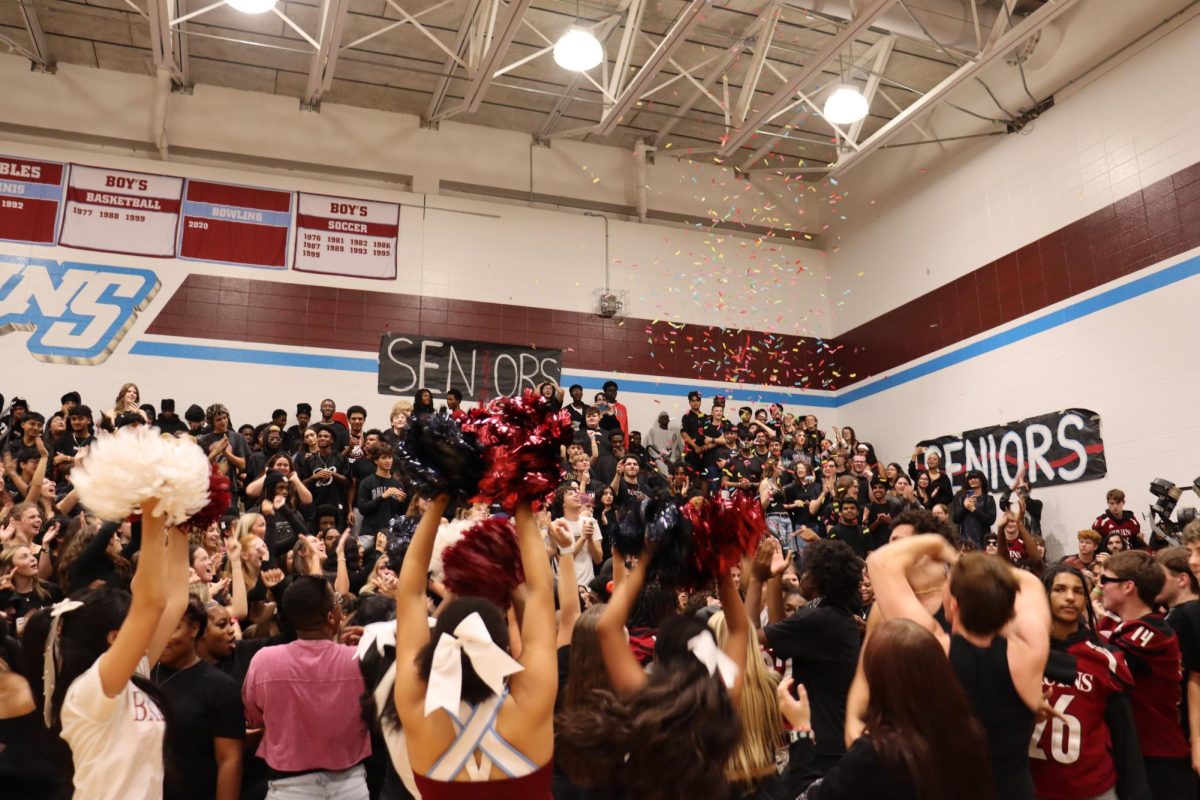Here at Ballard High, we take education seriously; our school’s curriculum provides many opportunities for all students to excel to their full potential. The teachers and staff are here to ensure that students from all diverse backgrounds receive the best education possible. So how come African Americans have the lowest academic scores of any other race/ethnicity at Ballard? How can this situation be resolved? What could be the reason that black students are facing more academic disadvantages than any other? Maybe, could Ballard be missing out on opportunities to better educate the school, to make students work more efficiently? Theories and answers may vary, but we’re here to address the possible causes and hopeful solutions of this predicament with teachers and staff who highly care about African American representation here at Ballard.
Assistant principal Kasie Jackson, A proud Ballard High alumnus, shares some of her input on this issue and what she feels we should do. Jackson shares her personal feelings about this issue. “I am surprised to hear about it; it makes me wonder which test scores it’s based on.” Says Jackson. She also talks about possible causes of why these students have these issues academically. “I think for any student, test anxiety is difficult to overcome, and sometimes kids aren’t given strategies to help with test anxiety,” Jackson states. This issue here at Ballard could obviously reflect on the school’s performance, and Jackson most definitely agrees. “It could definitely reflect that we aren’t preparing our students enough for our tests,” Jackson says, but the question is, are we not preparing students here in general? Or is it just black students as a group? Well, to Jackson, it seems like Ballard has a very equitable environment when it comes to the level of exposure black students get for academic success, just like any other race. Jackson states her opinion on whether black kids are getting less opportunity for a better education or not. “I don’t think so, I don’t think it’s a problem at Ballard. I think that Ballard is fair and equitable with classes, trying to give out as much information as possible to everybody.” Jackson says. Based on facts, clearly Ballard needs to find ways to get all of their students up to par. For every racial group, but how? Jackson says how Ballard could make improvements for black students. “I think they could impact them by offering more tutoring sessions before and after school and providing summer programs to help with test scores.” Jackson quips.
Speaking of facts, even though we know that at Ballard, black students are facing academic challenges more than any other race, is it just here? Or is it in other schools, even across the country? According to The Nation’s Report Card, it states that currently in 2025, black students have generally lower test scores than their peers, which indicates a constant achievement gap in schools. African American students, on average, score below 75% of white students on standardized tests. Even though the gap has narrowed over overtime, the education system still faces these academic disparities, so there might be improvement, but black students having lower test scores remains significant. As for JCPS, there have always been similar problems like this for years. Dr. Bernard talks about the academic disadvantages for black students in JCPS and nationwide. “This is true across JCPS. Similar statistics have been noted for decades worldwide. Black students have been graduating high school with academic knowledge and preparation that is four years behind white students since the 1980s.” Bernard states.
Dr Michael Todd Bernard, an English and African American Literature teacher here at Ballard, not only states statistics but also states his personal opinion about this academic issue. He talks about him mentioning this issue in his Black Literature class and his personal feelings on it. “Last year, African American students were behind every other student group in the building in reading and math by double digits. When I asked if anyone had heard this statistic, the students in my Black Lit. class responded with “no.” This has never been brought to their attention because it doesn’t receive attention. If students from the dominant culture were this far behind, much attention would be given to the subject. I feel like there is an imbalance about the concern for black progress and achievement.” Says Bernard. Academic success for all racial groups isn’t being reached. Dr Bernard also talks about his thoughts on the possible causes of this could be happening. “The disparities are the result of a lack of concern for black life, bad school environments, neglected schools in urban and predominantly black areas, and poor teaching,” Bernard states. He also says his requests for a possible solution to this issue. “One possible solution would be to improve classroom instruction and teacher efficacy.
The number one factor affecting student growth and achievement is the classroom teacher.” Bernard says. This could be a very true fact. Have you ever heard a teacher mention to students, “This is your education, I’ve got my degree.” This quite popular comment from teachers suggests that students are responsible for their education, which is true in some people’s eyes, but there have been many moments in history where teachers have failed their students because of poor teaching. Especially African Americans, but according to the Ballard curriculum and purpose, they have put extra emphasis on how adults and students work together to set their students up for success. Opinions may vary about how much effort Ballard puts into all of their students, no matter their race and ethnicity. Bernard shares his perspective on how Ballard treats black students. “Ballard makes an effort by offering courses in black studies. Ballard also has the Black showcase. However, more needs to be done with regard to directly enhancing the reading, writing, and math skills of students of color. Not enough is being done in the academic area.” Bernard comments. Bernard also talks about what he expects for future black students who attend Ballard. “For students at Ballard, I hope that they wake up and see that their futures depend on their current effort. I want them to see what Malcolm X said, “Education is our passport to the future because tomorrow belongs to those who prepare for it today.” Bernard concludes.
Teachers and Staff here have been really open to what they’re feeling about this school-wide, and nationwide issue. Even though hearing from African American educational figures here at Ballard is very intriguing and eye-opening, especially from what they know and think about studying black history, it is also relevant to make a more diverse approach. What do you think a non-black person’s perspective on an issue as big as this could be like or say? What could their thoughts or values be compared to those of African American people reporting on this issue? Student Orlaith Lutes (Senior, 17) speaks on her perspective on this matter.
She talks about how, since black students have less of a population here at Ballard, she thinks that automatically can bring a group down in test scores at that school, but she comments on a more specific reason why this issue could have occurred here. “I would also say that Ballard is one of the schools that, despite the fact that it exists in the East-end, it pulls a lot of students out from the West-end to this school, and in the West-end, there are fewer opportunities to do that, for higher learning like tutoring out with, not out of school but with a separate company.” She continues, “There are a lot of lower-income neighborhoods out in the West. That does not apply to anybody of a specific race but because there is a higher population of black students at Ballard from the West-end, that cycle kind of continues despite going to a school in the East-end.” States Lutes. Lutes also talks about what she thinks could help make a difference to help black students achieve better academic results in the future. “I think we have to stop pretending like gentrification despite the fact that it’s illegal, doesn’t still exist to this day because when you are like, when you have that larger group of people of a certain race living in a certain area it greatly affects the opportunities that you have in your education.” Lutes proceeds on. “But if we keep pretending like it doesn’t exist like “oh who knows why these black students have lower test scores?” We know why it’s because a lot of them have not been given the same opportunities as everybody else like, because majority of them live in a location that is not conducive to higher learning.” Lutes says.
Although this seems to be a significant issue not only at Ballard, but throughout JCPS and across the nation, it does not seem to be an issue which is being addressed by educational leadership at large. The educational disparities faced by students at this school and others like it, will continue to haunt these students for years to come limiting opportunities for their future and perpetuating the cycle. Educators must step up and find innovative solutions to this problem so they can truly offer equitable education to students of all backgrounds. Education is crucial for everyone including African American students, even though throughout decades there has been more and more improvements with this issue, overall changes within the academic gap between black students and other races have been slowly narrowing and the gap is still a significant one. So, who could truly be at fault? Teachers? Staff? Students? The government? There could be various different causes for this matter, so there could also be various different opportunities to help this issue more efficiently.
Overall, Ballard High is a school with a meaningful curriculum for all students, but as far as execution, this program shows that not all of Ballard’s students are reaping maximum benefit from the curriculum. As apart of the Ballard student community, reach out to your teachers and local educators and let them know that you care about this issue, and want them to find more effective ways to address it and handle it. Students of all ages, sex, and racial background should be having equal and equitable education that has every. Single. Student set up for success with no significant achievement gaps. The more awareness that is being spread, the more of a positive impact we can get out of black students not only at Ballard High School, but for schools in JCPS and nationwide. Every student should be capable of high academic achievements, no matter who you are.
